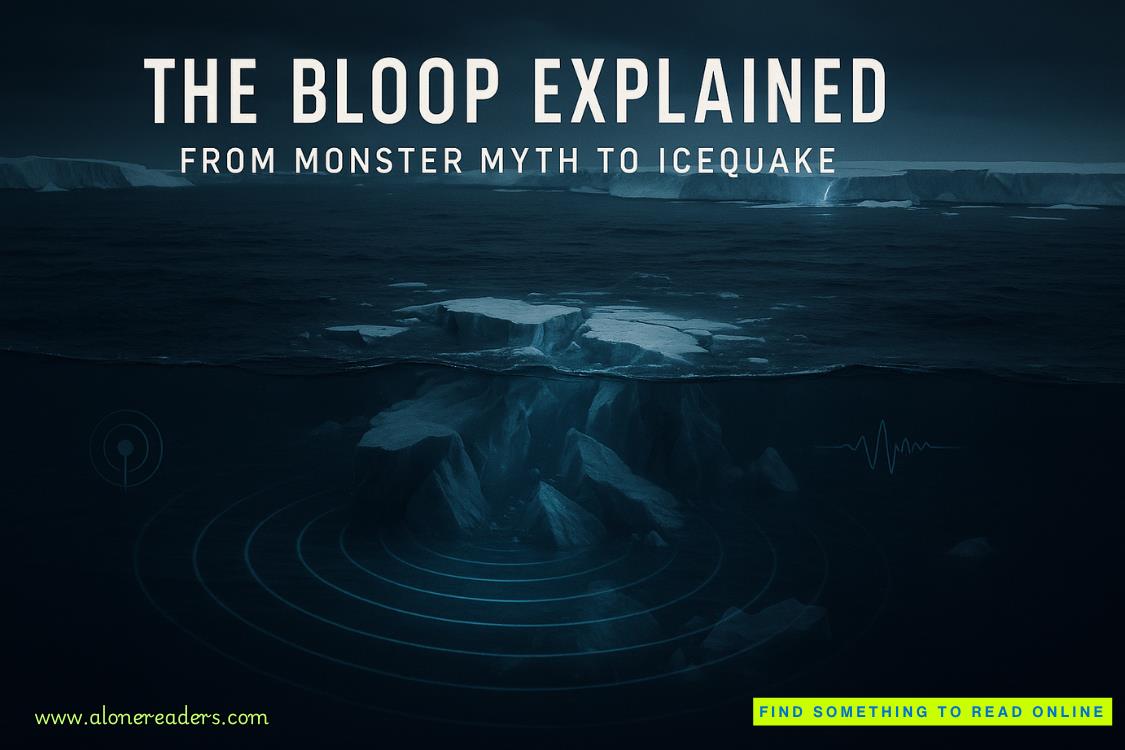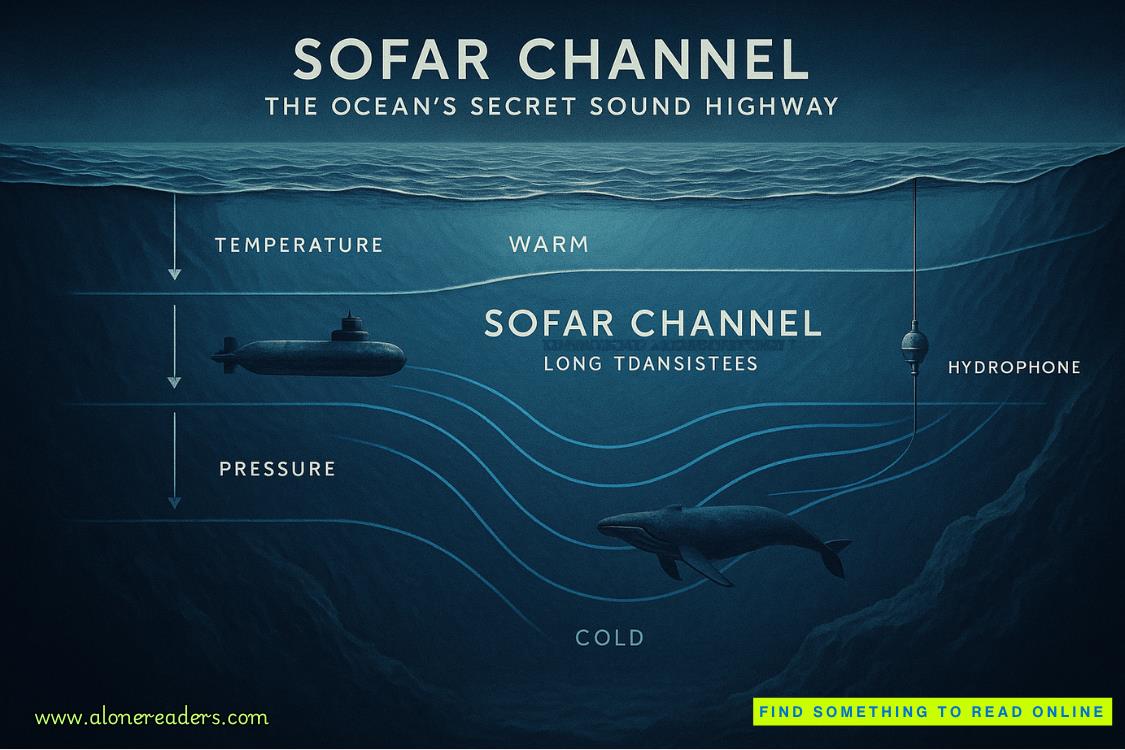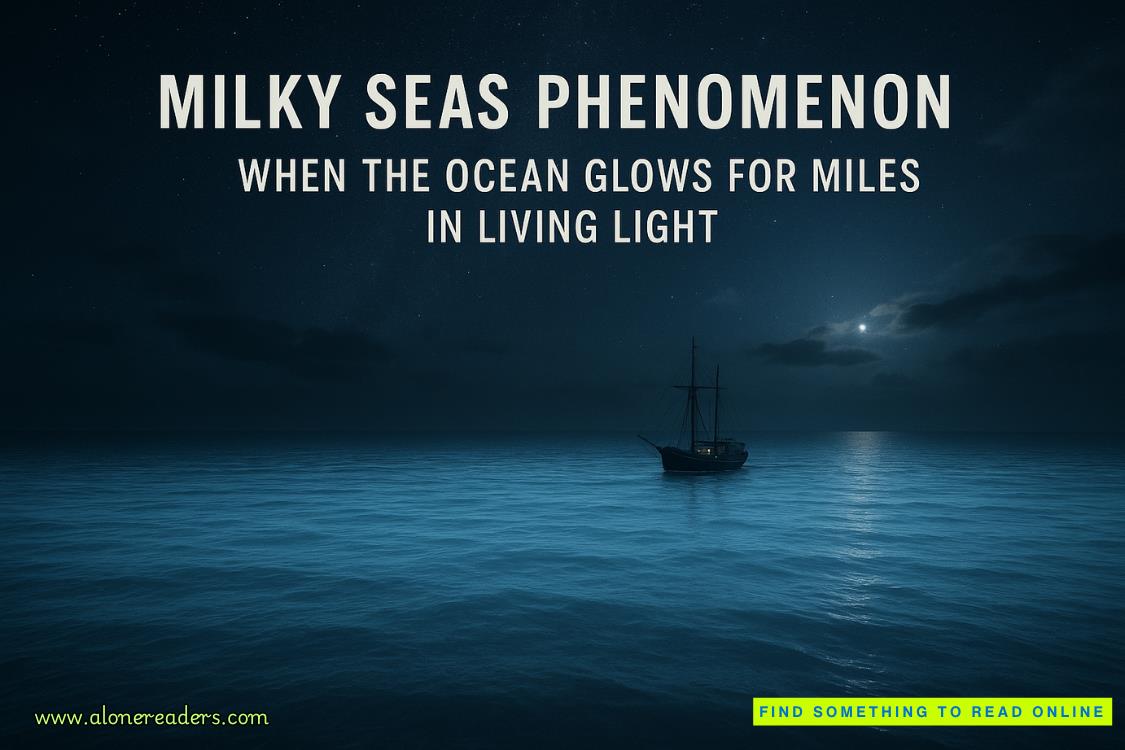Page 43 of Gone Hunting
I recognize her by the way her wavy brown hair spills over her pillow and by how even in sleep, she seems on guard. She can’t be more than nine, but here she is, already watching out for those she most loves.
The sound of breaking wood has me racing toward the door. My hand ghosts over the knob just as a shotgun blasts on the other side. A woman screams. The next blast silences her forever. I don’t have to scent the bitter aroma of death to know as much.
The four little girls tucked beneath the sheets jolt. Celia jumps from the bed, landing in a crouch. The girl with the black curly hair lifts the baby and helps her down while the one in ponytails hunkers after Celia.
“Mama?” the baby asks.
I hold out a hand and bring a finger to my lips, trying to quiet them and keep them in place. But when the smell of blood seeps through the door and Celia’s little nose twitches, I know there won’t be anything I can do to hold her back.
She bolts to the door. I try to snatch her in my arms, but they go right through her and the next little girl who follows.
I charge, growling, ready to fight and ready to kill.
Four men stand over the bodies of Celia’s parents, muttering in Spanish. They’re not wearing masks. The sawed-off shotgun the man in front used continues to smoke. They don’t care about the damage they caused, or about the four little girls frozen in terror just a few feet away. They’re here to do a job and do it fast.
Celia inches forward, staring at the open chests where her parents’ hearts once beat, her paling face indicative of the horror surrounding her. Blood soaks the mismatched sheets on the pullout coach where her mother and father lay, their bodies so decimated that what remains of their lifelines trickles to the edge to drip on the floor.
I leap in the air, calling forth my wolf, only to crash on the other side in human form. I leap up, swinging my arms, trying to take down the men any way I can. But my arms go through them. I’m not really here and neither is my wolf. It doesn’t stop me from seeing and feeling it all.
“Mira,” the man in a black beanie says, motioning to the girls.
He lifts the shotgun, aiming at Celia’s face.
“No!”
I lurch in front of him, my arms out. He doesn’t pull the trigger. He merely waits as the other men unsheathe the knives at their belts and stalk toward the little girls.
The three smallest ones are crying. Not Celia. Her tigress eyes replace her own, cementing the men in place. Her gaze latches onto each one and she deeply inhales, committing their faces and scents to memory.
Celia takes a step forward and the men take a step back, their expressions riddled with fear and shock. The man with the shotgun cocks it and aims. It’s then that Celiachanges, charging the men and sending them screaming from the apartment.
It’s a small victory. The damage is done. Those men didn’t wear masks for a reason. They never planned on leaving witnesses behind.
I kneel to speak to Celia, to hold her, to offer comfort for the unimaginable. But her tigress form sees past me, toward the sobbing little girls and the role of their protector she must now hold.
As the scene dissolves around me, fury and heartache churn my stomach with disgust. This is what Celia saw as a child, and what continues to haunt the beautiful girl in my arms.
I can feel her warmth and smell her delicate and sweet aroma. I hold her tighter, afraid to let go and worried what we’ll see next.
This time, when I blink my eyes open, I’m sitting on an inner-city bus. Celia sits across from me, her arms crossed and her glare training on anyone who dares to look at her. Her hair is a big mane of waves, like it is in the present. She’s a little younger and thinner. Her curves aren’t as developed, but she remains just as fierce.
A dark green camouflage T-shirt stretches tight across her skin. Her feet are shoved into well-worn canvas sneakers and torn denim shorts that expose her lean muscular legs. It’s late afternoon. Summer by the feel of the humidity thickening the air. We’re back in the city her parents died in. I recognize the scent of pollution and the ripe smell of garbage.
The bus rolls to a stop and she gets off. I step off with her, wishing I could snap the necks of the men and boys leering at Celia as she bounces out. She can’t see me. She can’t hear me. I only wish she could.
Spanish, rap, and hip-hop music compete for attention along the stores lining the littered street. This part of the city is disgusting at best. I wrinkle my nose, overwhelmed by the scent of urine and the filth soiling the sidewalks.
“I know where you’re going, and I know why you feel you have to,” I say to her. “I just wish I could hunt by your side. You shouldn’t be alone. Not for something like this, baby.”
She’s tracking the men who killed her parents. It’s not just because of what she told me that I know. It’s the way she carries herself and how she seems to take everything in, not willing to miss a single detail.
Anger sears my veins, melding them to my bones. If anyoneeverhurt my parents, I would make them pay. I understand why she’s here. But I can’t stand that she is. Asweres,our beasts take the brunt of our pain and torment. It’s how we’re able to defend and guard the earth for centuries against the evil it’s exposed to.
Celia isn’t awere. Every brush with agony she endures is hers alone to bear.
I should be with her, to protect and save her from herself. Most of all, to spare her from feeling so alone. I can taste her misery, just as I taste the salt on her skin. She’s sweating and tired and too many things someone so young and kind shouldn’t feel.
“Hola,niña,” a man too old to be looking at a teenage girl calls out.















